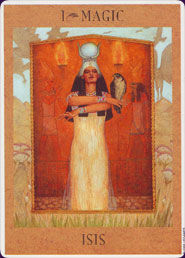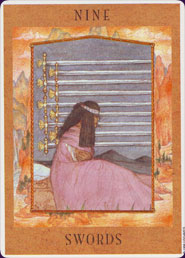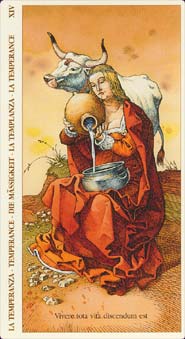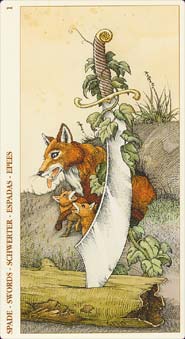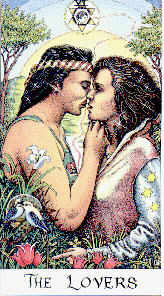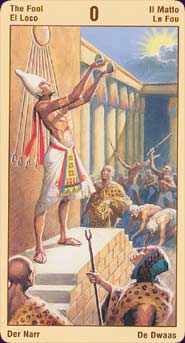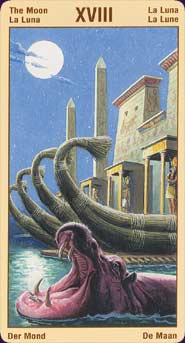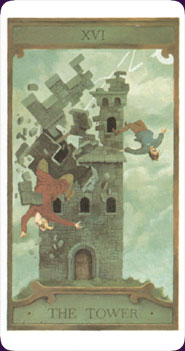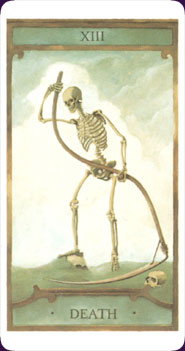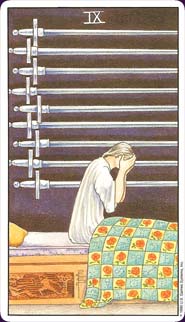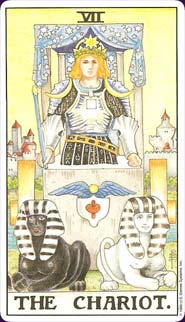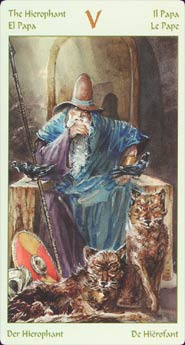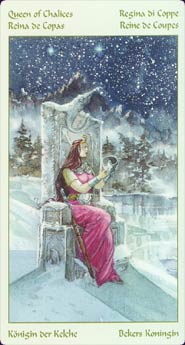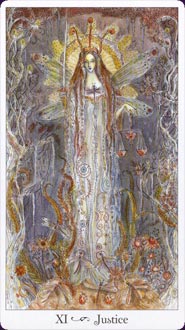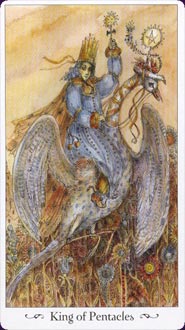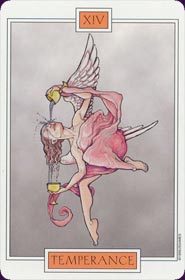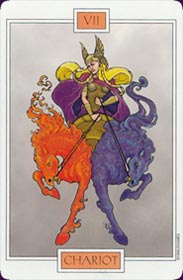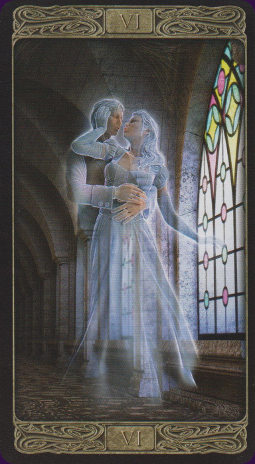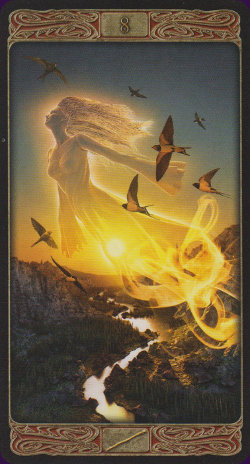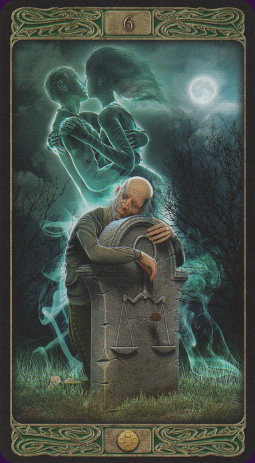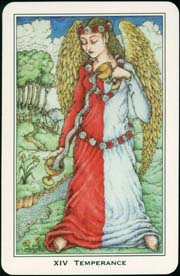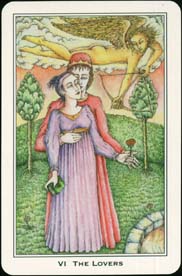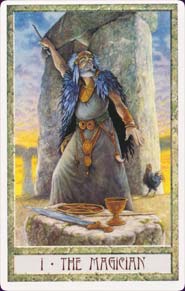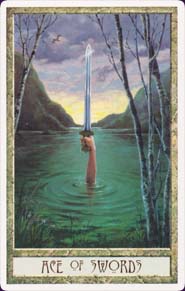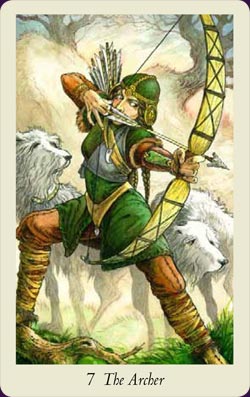Please help me welcome today's guest author, Dianne Noble! Tell us a little about yourself and your book, OUTCAST.
The first time I ever went to Kolkata
(then known as Calcutta) was over half a century ago. I knew nothing then of
the infamous Black Hole where British people were imprisoned in a tiny dungeon
by the Nawab of Bengal and, allegedly, 123 died by suffocation. Or of the
Calcutta Cup which is awarded to the winner of the Scotland/England game in the
Six Nations Rugby. It started in India and the trophy was made there with
melted down silver rupees and decorated with an elephant and cobras.
I sailed to Singapore with my family
when I was seven and the first place we stopped was Port Said in Egypt where
there were snake charmers and men wearing what looked like nightgowns. Coming
from the grey deprivation of post-war Britain the hot sunshine and vivid
colours were intoxicating, and I was beside myself with excitement when we
travelled along the Suez Canal. Walls of sand on both sides of us, and men in robes riding camels. We stayed a
while in Yemen and also Ceylon (now Sri Lanka) but there were no calls at
Indian ports.
Three years later the canal was closed
and we made the journey back to England, in December, on a Hermes propeller
plane. It took almost three days with stops at virtually every country on the
way for re-fuelling. There was an emergency landing in Italy because the wings
had iced over and the additional weight was dangerous. Compared to today when I
can fly direct to India from a local airport in great comfort other than being
a bit cramped, air travel in the 1950s was basic. Cabins were not pressurised,
the engine noise was deafening and flights were at low altitudes which meant no
escape from turbulence. We were supplied with sick bags made from heavy duty
paper and they got a lot of use.
One of our stops was Calcutta, at Dum
Dum Airport, so called because it was the birthplace of the infamous bullets
which spread on impact to cause maximum damage. It was night time and hot, the
humid air thick with whirring insects. We were offered black sausage and fried
eggs for supper but few were able to stomach it. My kid brother, only three,
screamed in fright when he was taken to a hole in the floor toilet and held
over it. He – and I – found our bladders totally unable to co-operate.
Many years later, as an adult, I went
back to Kolkata and spent several months teaching English to the children who
lived on the streets. The place had changed so little in all that time, other
than to fall into further dilapidation. When I was first in India, in 1957,
India had been independent for just ten years and most of the infrastructure
had been intact. Now, many of the city’s buildings crumble like stale cake,
neon lights reflect on lakes of sewage, the roads and railways are at breaking
point but there’s still something magical about Kolkata – and all of India –
which keeps me coming back.
EXCERPT
A week passed and although her thoughts
often flew to Priyanka she tried to concentrate on the remaining girls. The
fuzz on their scalps was developing into hair, giving their little faces an
elfin look. She could see them now as individuals. Sanghita and Aanya were very
alike with pretty faces and long lashes. Khusboo, skin much darker than the
others, remained withdrawn. Pinky, the cheeky one, was of a sturdier build than
the others and with a manner which Rose’s Irish grandmother would have called
bold.
Rose and Maria had a routine now, took it
in turns to teach writing in the mornings, while the other shopped, went to the
Internet Café or the ATM for cash. At lunchtime they shared the cooking and
afterwards, while the girls slept, they swept the floors and did the washing in
a bucket, before pegging it out round the back. It always dried before dusk but
smelt of exhaust fumes and worse. Rose missed the sound of washing snapping on
the line in a good wind, and the fresh, outdoors smell when she brought it in.
When the girls woke it was talking time, reciting parrot fashion - ‘Never did me any harm,’ said Maria – numbers,
colours, parts of the body, animals from badly drawn pictures.
‘Pity I couldn’t grab the books from the
orphanage,’ said Maria with a sigh. ‘Wasn’t fast enough.’
And
then it was playtime. Maria showed them how to throw the tennis balls against
the wall and catch them. Rose cut off a length of rope and demonstrated
skipping.
‘My God,’ she said, gasping for breath,
‘didn’t realise how unfit I was.’ She stopped, bent over, while the girls
giggled. ‘OK,’ she said. ‘You try.’
She cut the rest of the rope in sections and watched as they tripped, fell,
cried, sulked, until with shrieks of joy they mastered it.
‘Look, Aunty, look!’
All
except Pinky who didn’t seem to have any idea of rhythm. She stamped away and
kicked a ball up and down the room.
Rose
sank to the floor and wiped her face.
‘Is it me, or is it hotter today?’
‘Middle of Feb and coming out of winter -
it’ll get warmer every day now. And I’ve only got three weeks visa left which
means you must have five.’
Rose
nodded slowly. If she planned on remaining in Kolkata, overstaying her visa,
she’d have to make a trip home fairly soon.
‘The next volunteer,’ she said, ‘when’s
she coming?’
‘A couple of days before I leave, so we
can do a handover. Have you thought what you’re
going to do, Rose?’
‘I’m stopping here.’ She didn’t know she’d
decided until the words left her mouth, then felt relief. ‘Yes. I’ll go to the
airline office tomorrow. A week at home will be enough, sort things out with Hannah,
set up a contract for her…’
‘What about Ellie?’
Rose
shrugged.
‘When I got that email about Finola being
pregnant I told her she’d have to make the best of it.’ She sighed. ‘She’s
twenty and a mother to be. She’ll have to sort herself out.’
‘You’ll want to see your first grandchild,
though.’
Maria’s
voice was gentle and tears pricked behind Rose’s eyes.
‘Of course…but I can’t do both.’
‘So you’ve chosen the girls?’
‘It seems so. Wasn’t a conscious decision,
it just appeared.’
***
She lay awake that night, making plans,
too excited now to sleep. Even with the café overheads and Hannah’s wages the
takings would be more than enough to fund this place. And maybe, in the summer
when the income rocketed, maybe she’d be able to find better premises here,
have a fridge and more rooms. And when she came back from her trip home, she’d
bring posters, flash cards, books and a radio for the girls so they could
dance. It would have to be a wind up one because of the erratic power but she’d
find one. Her mind was so full that the grey light of dawn was beginning to
filter through the shutters when she at last fell asleep.
Woken by a knock at the door. She jerked
upright on her mat, pulled away the net shrouding her face and looked around.
No sign of anyone, all the mats neatly rolled away. The sound of splashing from
the bathroom then Maria’s head appeared.
‘Good morning at last. Thought you’d died.’ With a sunny smile she waved
towards the door. ‘It’ll be the man for the rent.’
Rose
scrambled to her feet, retrieved her money belt from beneath the mat and
staggered to the door, pushing her hair out of her eyes, yawning hugely. The
wood felt hot from the sun beating down on it. She opened it and heat rushed
in, wrapped itself round her bare legs. Nobody there. Tutting, she squinted up
the alley one way and then the other. The usual traffic, people, a motor bike.
As she began to close the door she heard a mewling sound, like a cat. Looked
down to see a baby girl at her feet, red and naked.
BLURB
Rose
leaves her Cornwall café to search for her daughter in the sweltering slums of
Kolkata, India.
In the daily struggle for survival, she is often brought to her knees, but
finds strength to overcome the poverty and disease, grows to love the Dalit
community she helps.
But then there are deaths, and she fears for her own safety.
Her café at home is at risk of being torched, and finally, she has to make the
terrible choice between her daughter and the Indian children.
Buy links:
BIO
I think I became a reader before I could walk. While other
people had childhood memories, I amassed a vocabulary. I was born into a
service family and at the tender age of seven found myself on the Dunera, a
troopship, sailing for a three year posting to Singapore. So began a lifetime
of wandering – and fifteen different schools. Teen years living in Cyprus,
before partition, when the country was swarming with handsome UN soldiers, and
then marriage to a Civil Engineer who whisked me away to the Arabian Gulf.
Most of the following years were spent as a single parent
with an employment history which ranged from the British Embassy in Bahrain to
a goods picker, complete with steel toe-capped boots, in an Argos warehouse. In
between I earned my keep as a cashier in Barclays, a radio presenter and a café
proprietor on the sea front in Penzance.
Ten years ago I flew to Kolkata, West Bengal as a volunteer
to teach English to street children in the slums. I stayed for several months
and kept a journal, primarily so that I could download the horrors I saw daily.
A kind of de-briefing. Not that it was all bad, the children had a huge
capacity for happiness which was truly humbling.
It was this diary that grew into a novel and I was thrilled
when Tirgearr Publishing brought it out as an ebook March 2016. It has already
attracted a number of five star reviews. ‘A richly told tale, emotive and
evocative.’ ‘Has it all – humour, pathos, spirituality.’
I have two further novels in the pipeline, Oppression,
which is set in Cairo, Egypt and tells the story of a forced marriage and One
Hundred Hands Outstretched, again based in India.
My website www.dianneanoble.com
promises ‘Atmospheric Settings, Women under Pressure’ and this is what I try to
deliver. If you are a fan of books by Victoria Hislop or Rosie Thomas you’ll
probably like mine.
My travels have taken me to China, Egypt, Israel,
Guatemala, Russia, Morocco, Belize and my favourite place, India. I keep
copious notes and constantly dip into them to ensure my settings are authentic.
I live alone, when not travelling, in a small Leicestershire
village. A happy life for me is writing or reading – with breaks for chocolate
and mugs of tea – and occasional visits to the theatre.
Links:
*****
GIVEAWAY!
